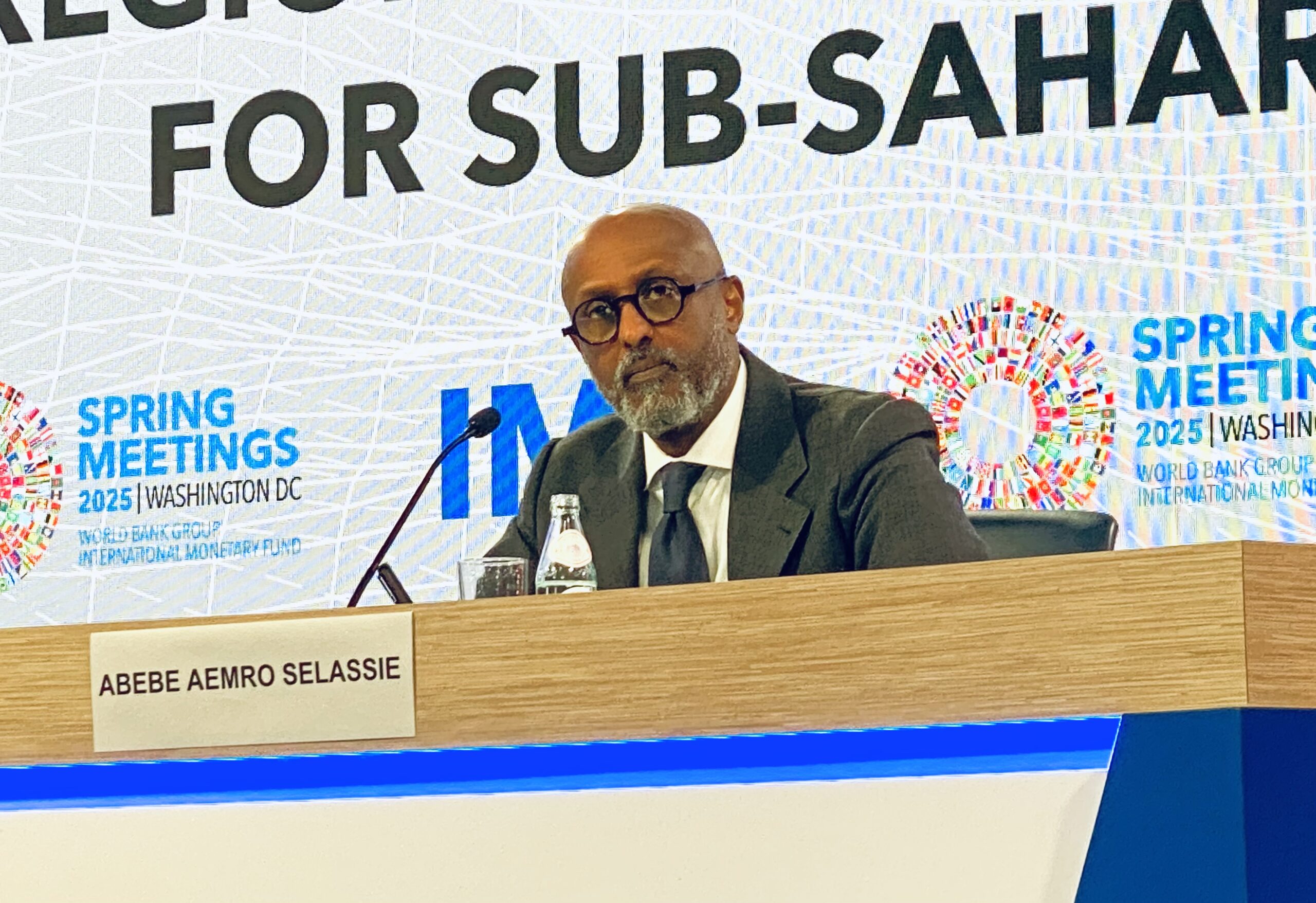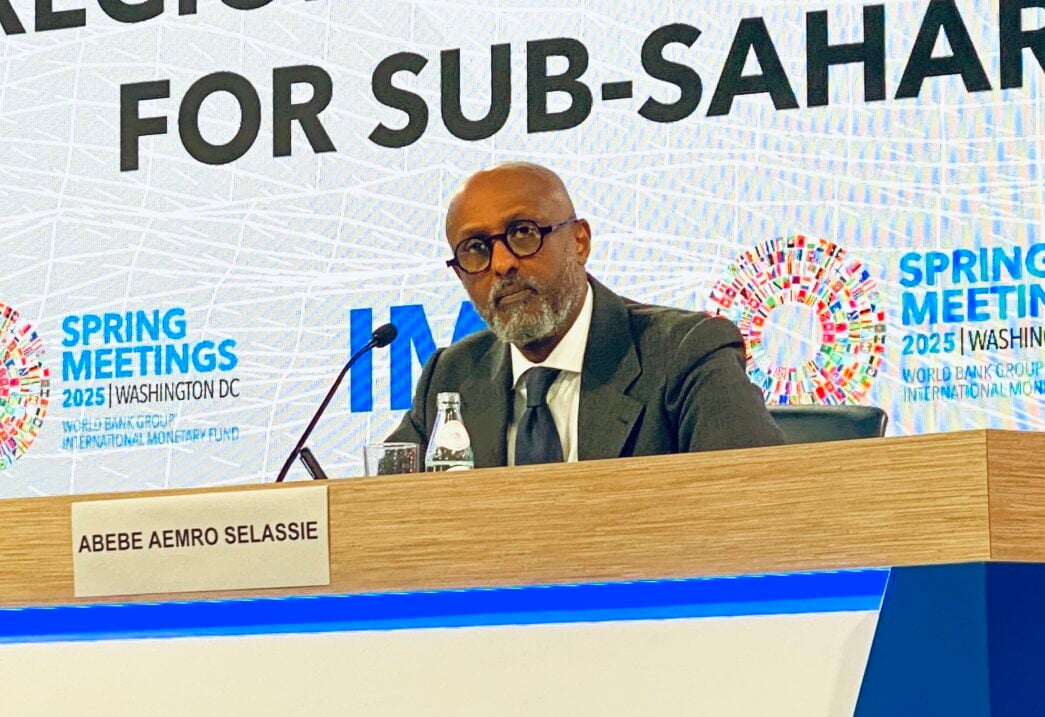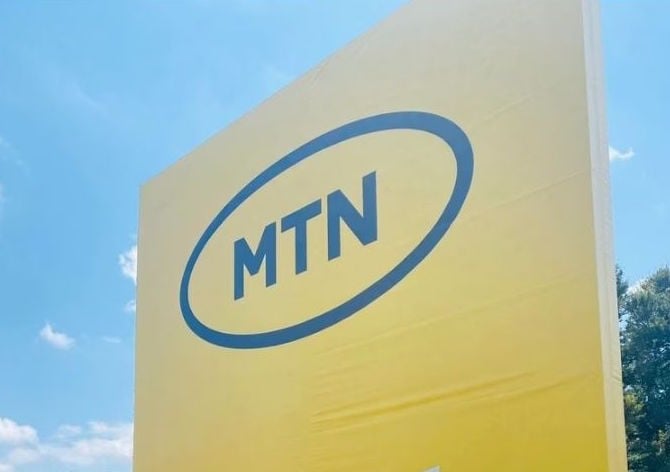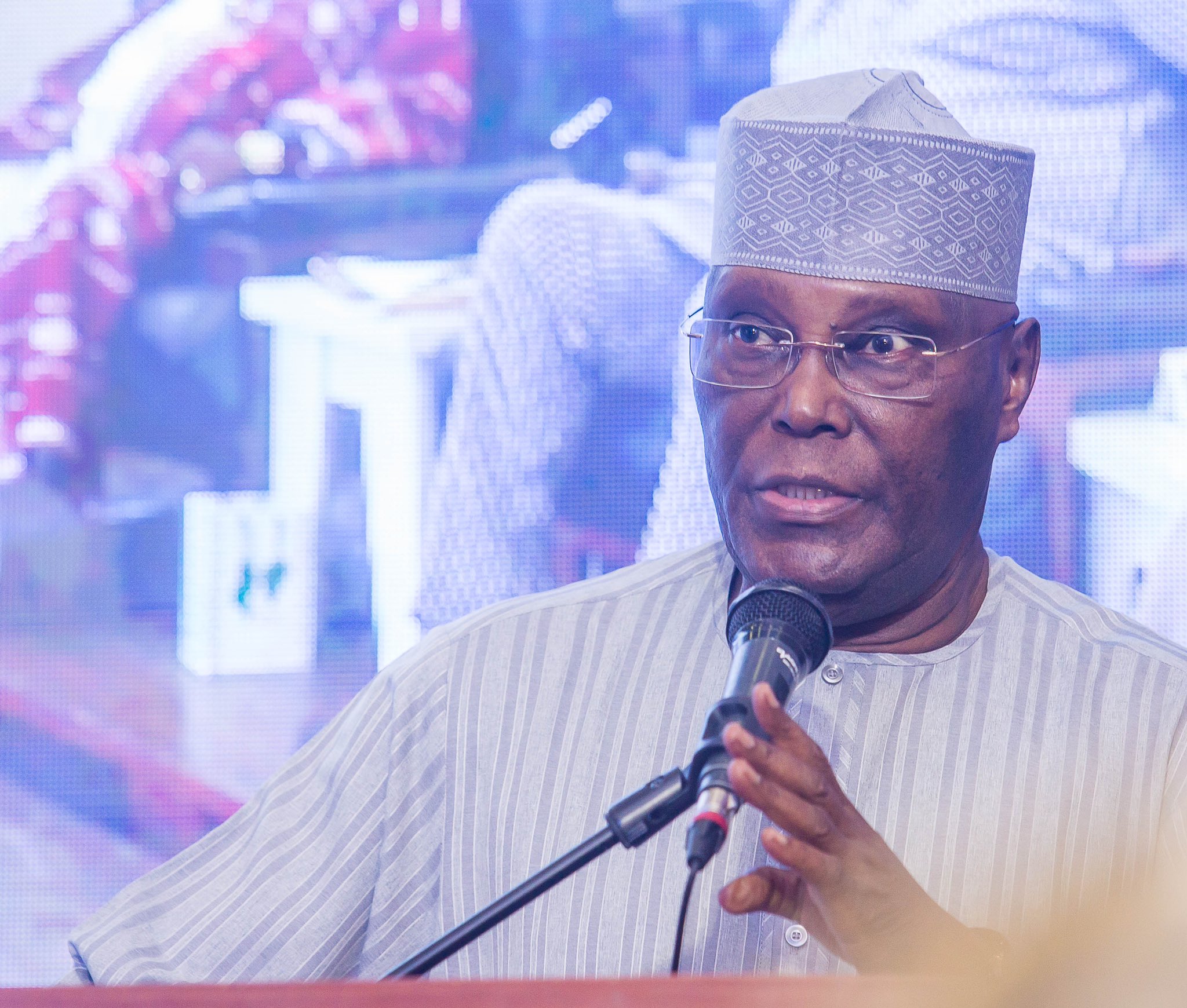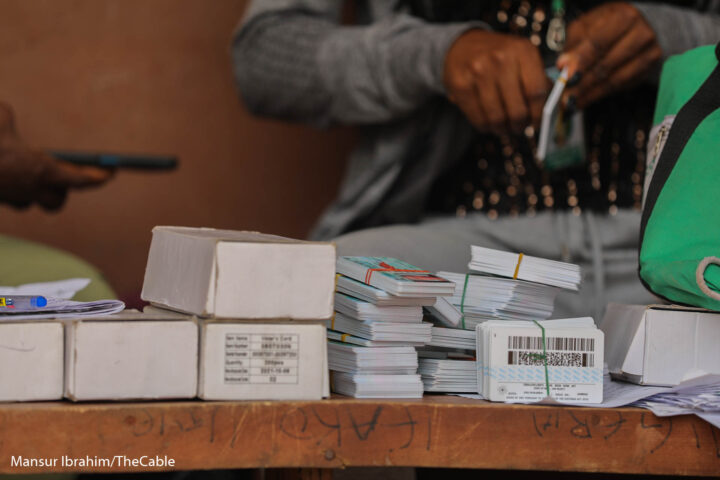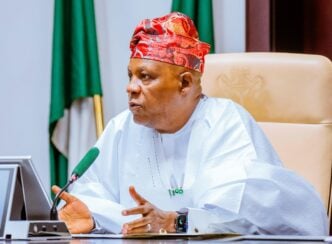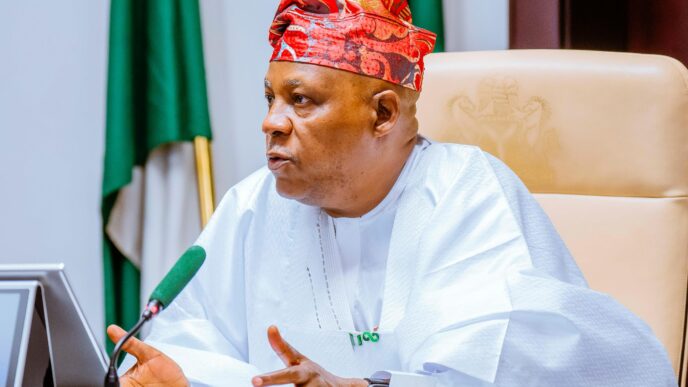Abebe Selassie, the director of the African department at the IMF, addresses journalists while presenting the findings of the Regional Economic Outlook for Sub-Saharan Africa report at the IMF and World Bank spring meetings in Washington, DC, the United States on April 25, 2025

The International Monetary Fund (IMF) has advised Nigeria to enhance transparency in the oil sector to ensure that the subsidy removal savings are transferred to the government’s budget.
Abebe Selassie, the director of the African department at the IMF, gave the advice on Friday while presenting the findings of the Regional Economic Outlook for Sub-Saharan Africa report at the IMF and World Bank spring meetings in Washington, DC, the United States.
Selassie was responding to questions on the federal government’s reforms and Nigeria’s debt profile, which currently sits at N142.3 trillion as at September 2024.
Advertisement
Speaking to journalists, the director said the fund has been very impressed by the reforms Nigeria has undertaken to address microeconomic imbalances in the country.
The director said the subsidy was taking “a very large” share of the limited tax revenues, which was not effectively used to help the most vulnerable people.
“So it’s been really good to see the government taking these head on, and also beginning to roll out the third component of the reforms that we’ve been advocating for, [that] government has been pursuing, which is to expand social protection to target generalised subsidies to help the most vulnerable,” he said.
Advertisement
“This has all been very good to see, but more can be done, particularly on the latter front: expanding social protection and also enhancing a lot more transparency in the oil sector, so that the removal of subsidies does translate into flow of revenue into government budget.
“So, there’s still a bit more work to do in these areas.”
Selassie disclosed that the IMF had a mission in Nigeria, where discussions with the authorities focused on issues related to the nation’s macroeconomic conditions.
Still, the director advised the federal government to consider reforms in other areas to engender more private sector investment, and also how more resources can be “adopted” to help Nigeria generate the revenues needed to build more schools, universities, and infrastructure.
Advertisement
“So there’s a comprehensive set of reforms that Nigeria can pursue that would help engender more growth and help diversify the economy away from reliance on oil,”
“And this diversification is all the more important given what we’re seeing happening to commodity prices.”
‘NIGERIA CAN LOOK AT OPTIONS TO BORROW IN A CONTAINED WAY’
Selassie acknowledged that while the government is undertaking reforms, there will be a financing need.
Advertisement
He urged the authorities to adopt “a judicious and agile” way of dealing with the financing challenges the country faces.
The IMF official said Nigeria’s financing gap “can only be filled” by permanent sources such as revenue mobilisation in the long run.
Advertisement
“But in the interim, carefully looking at all of the options the country has to borrow in a contained way, will be part of that solution,” he said.
“And I think the government has been going about this prudently and cautiously so far, and we’re encouraged by that.”
Advertisement
In January, the Debt Management Office(DMO) said the total domestic debt was N73.4 trillion ($45.8 billion) while the total external debt was N68.8 trillion ($43 billion).
The debt body said the increase was primarily due to rising domestic borrowing and the impact of exchange rate depreciation on external debt when converted to naira terms.
Advertisement

